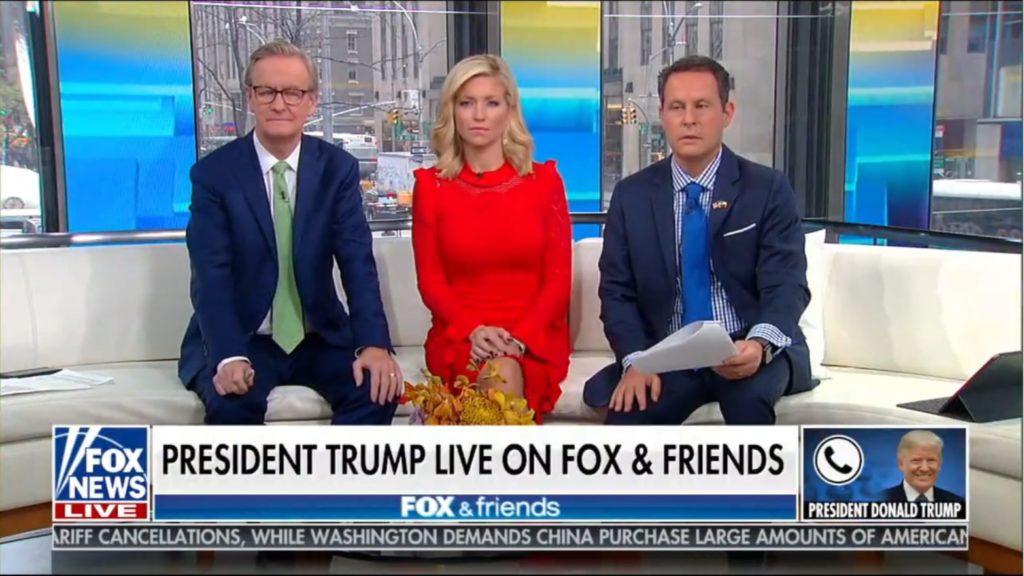The polarization problem

The conventional wisdom would hold that the primary focus of Democrats heading into the midterms should be to make the economy as good as possible. I don’t think this is wrong — and is a positive incentive anyway — but it’s not clear how much it would even help at this point:
So when the White House changed hands, Democrats began offering a somewhat more positive assessment of the economy, while Republicans became vastly more negative. In fact, Republicans now have a more negative assessment of economic conditions than they had in March 2009, the depths of the financial crisis, when the unemployment rate was 8.7 percent and the economy was losing 800,000 jobs a month.
You might be tempted to say that this divergence in part reflects differences in the kind of people who vote for the two parties: Small-business owners, who are strongly Republican, are suffering from labor shortages, while low-paid workers, who tend to vote for Democrats, are experiencing above-average wage gains.
But other data show a huge divergence between what people say about the state of the economy, which is quite negative on average, and what they say about their own personal finances, which is fairly positive.
The combination of thermostatic public opinion and the structural advantages various anti-democratic aspects of American constitutionalism give the current Republican coalition is…not good.
…one factor here is that Republicans will simply take credit for popular measures they opposed:
"priority of mine"
"funding for the project has been passed"
the Republican Congressman who sent this tweet voted no on funding the projects in the infrastructure bill https://t.co/zyvzq6VmBm— John Harwood (@JohnJHarwood) November 16, 2021


